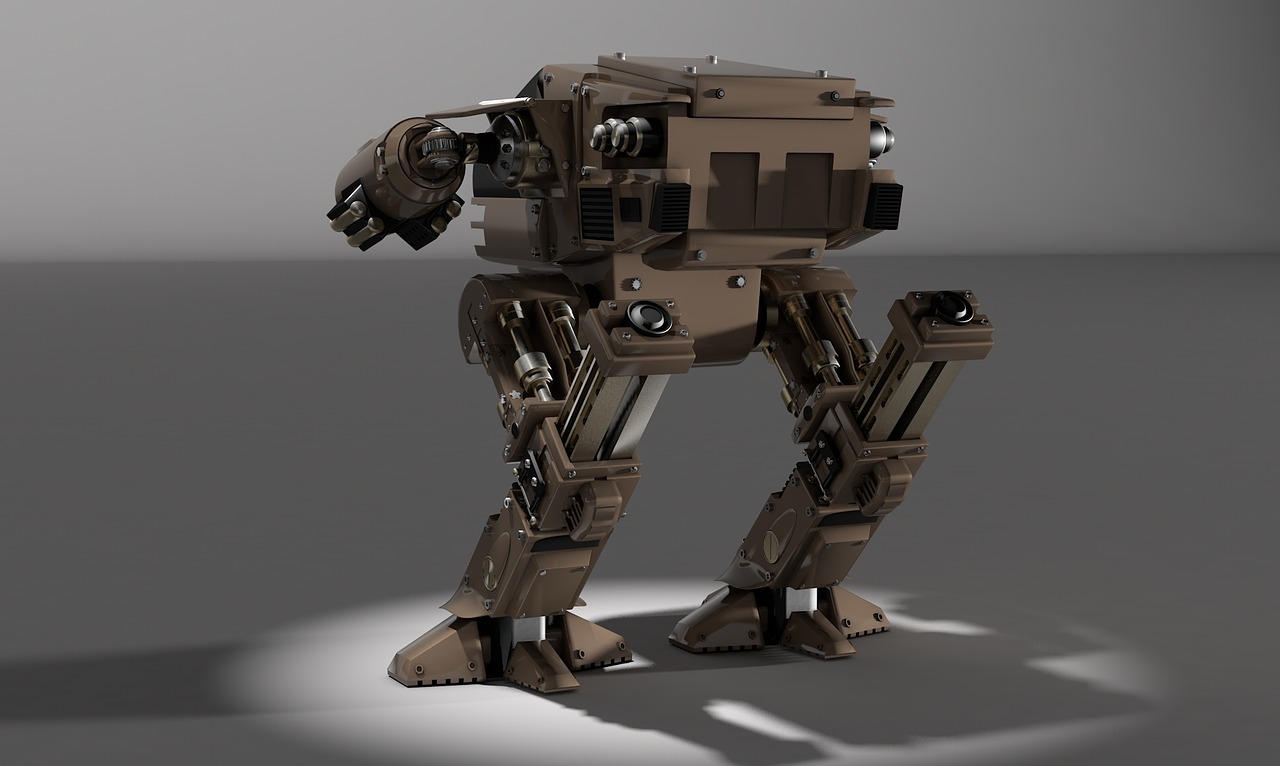The futuristic world predicted in movies such as I, Robot may not be too far in the future. One question that is being increasingly asked is ‘Are robots going to take jobs away from humans?’ The question is no longer academic. It is very real and very present. Plenty of countries have jumped on the robot worker bandwagon, the most powerful among which are Japan, Germany, and South Korea.
The statistics say it all. In 2015, there was a 15% increase in robotic unit sales around the world. This is the highest increase that has happened in one year. In Japan, there are 339 units for every 10000 workers, in South Korea that number is 347 and in Germany, it is 261. The industries that are primarily driving this growth are metal, electronics, rubber, plastics and chemical industries.
Which Jobs Will Go?
While doomsayers are depicting robots as performing every little function that a human can, the truth is actually far from it. The chances of a CEO losing his or her job to a robot are much higher than the chances of a gardener or a fruit picker losing his or her job to a robot. Why? Well, this is simply because it is difficult for machines to replicate simple human movements. For example, robots can still not be used for fruit picking because fruits don’t grow in a uniform manner.
No, it isn’t necessarily the labour-intensive jobs that will go. Artificial intelligence may not be able to replicate human movement but it can apply complicated algorithms and recognition of patterns to large masses of confusing data. This means that it can play chess with a grandmaster and beat him or her, calculate insurance premiums or credit scores, translate reports from Mandarin to English and vice versa and even manage a stock portfolio.
This means that the jobs that are going to go are related to the service industry. The impact is going to be felt by a lot of people who have spent years studying and honing their skills.
Hope for Humans?
Creativity is, of course, something that is so far exclusively the arena of the humans. This means that the more entrepreneurial and innovative humans are definitely going to benefit. However, there won’t be many such people, which means that the current dynamic of an exceptionally highly paid upper class, a middle class that has been hollowed out and a lower class that has to go for jobs that don’t pay well and are very insecure will not change. In fact, the dynamic will be even more obvious.
Simply put, what does this mean? Unless oil company executives, bankers, and Silicon Valley entrepreneurs wake up and smell the coffee, they may very well be left with a product that nobody buys – simply because no one will have the wherewithal to do so. This is going to be unlike the last time there was a huge technological change. At the time, accompanying political change ensured that the people who worked in factories that manufactured cars could also buy said cars. There is no such assurance now.
A Positive Outlook
Optimists believe that it is counterproductive and slightly pessimistic to assume that robots will completely replace humans. In fact, many believe that instead of replacing human labour, robot labour will complement it. They point to the previous instances of industrial revolution where it was originally feared that machines would replace humans. Instead, humans started earning more and more after the Industrial Revolution.
The Industrial Revolution was Different
This example alone is enough to let a lot of people sit back and say ‘let the revolution come’. However, an essential fact that these people are ignoring is that the Industrial Revolution did indeed go against previous examples from history. Technological developments such as steel and paper had not changed the wealth of the average person. The per capita output remained more or less the same.
Then came the steam engine and the power loom and there was an explosion of wealth generation. Suddenly, people, who for thousands of years had earned more or less the same amount in their lifetimes, could earn much more. Skilled labour meant higher wages. Everything changed.
The same thing could very well happen where automation is concerned. Some are even looking forward to it because they believe that it will spell the end of money as a system and free everyone from the daily grindstone. Whatever may happen, one thing is for certain. Within the next twenty or thirty years, you may find yourself sipping coffee in the break room while a robot co-worker looks on.
Steve Millard has 7+ years of experience in teaching and also explores a variety of niche to make it more meaningful to the students. His mission in life is to help young people become skilled and avid readers, writers as well as inquirers. He is heavily associated with MyPrivateTutor Australia and aids a lot to connect the right students with the right tutors according to their requirements.rnFollow him on twitter @SteveMillard4

























































































































































































